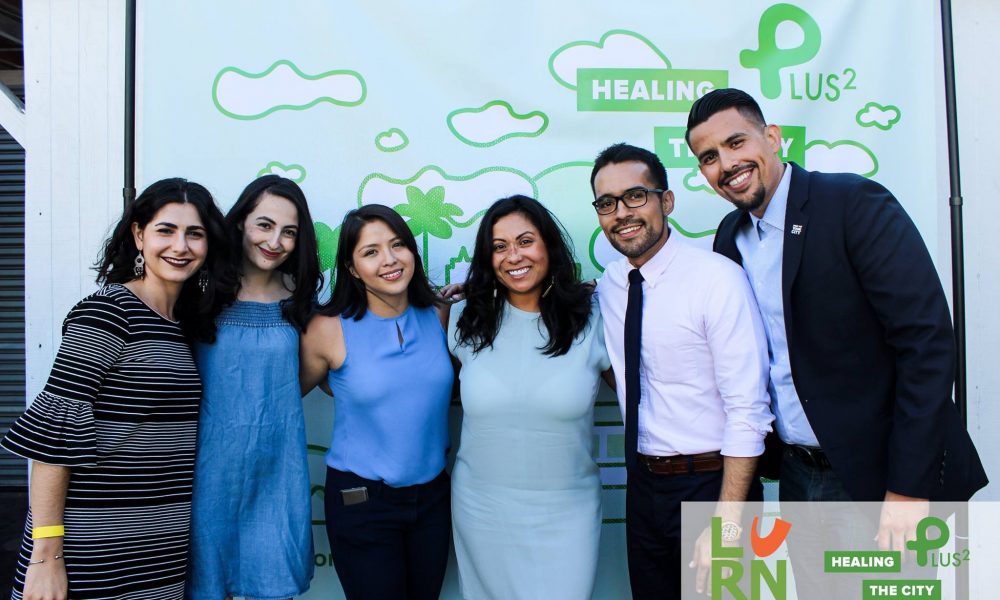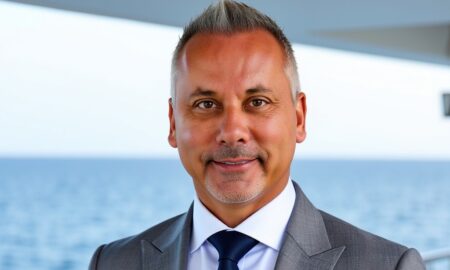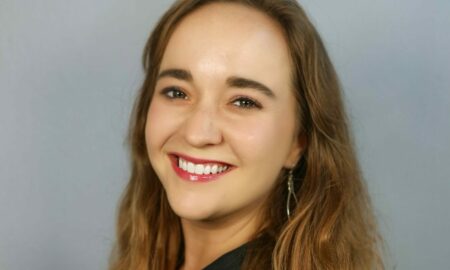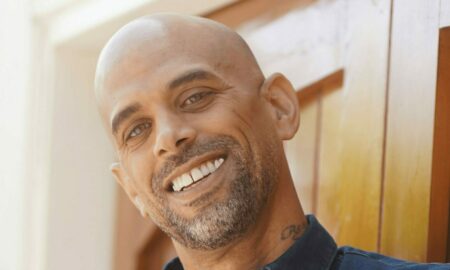

Today we’d like to introduce you to Rudy Espinoza.
Rudy, please share your story with us. How did you get to where you are today?
I was born in East LA but grew up in West Covina. My father was an alcoholic and early on, my Mom decided to leave him and raise my brother and me on her own. As a waitress and an undocumented immigrant for a time, she struggled to take care of us. Growing up, I remember her stressing the importance of education so I didn’t have to “work as hard as her.”
Her work ethic and discipline helped me become the first in my family to go to college. I studied business administration because I wanted to make money to take care of my Mom. Little did I know, that life had something else in store for me… about halfway through college, I took an ethnic studies course that radically shifted my career trajectory. I recognized that success was more than just me doing well, it had to include making sure that other people that grew up in similar circumstances had an opportunity, too.
After graduating with my degree in business administration, I decided to continue in school… I didn’t want to go “work for the man,” so, I ended up enrolling in UCLA’s Urban Planning Program. I discovered the field by happenstance, drawn to it because I wasn’t quite sure what I wanted to do and I figured the “study of cities” was an opportunity to learn about a lot.
In graduate school, I ironically came back to the notion of “money.” I was interested in economics and income inequality… why do some communities look different than others? Why do some families have so much more than others even though work just as hard? My experience at UCLA and the classmates I met refined my outlook and my passions into what became the foundation of my career.
After school, I went to work at a consulting firm that was advising financial institutions on how they could work more responsibly in low-income neighborhoods. Following that experience, I went to work at a national foundation that wanted to do work in Los Angeles to support low-income seniors which led me to work at a South LA nonprofit who was providing capital to small business owners.
I am now the Executive Director of LURN, a nonprofit community development organization that I co-founded soon after I graduated from college. In the early years of my career, LURN was a volunteer organization that produced research and events that highlighted important issues like the criminalization of street vendors and the lack of capital available to entrepreneurs of color. In 2013, I came to a place in my career where I realized that LURN could add value to the community development field and with the support of my board, I became its first staff member.
Five years later, LURN has a team of 5 high-caliber professionals who advance policy that supports working families and economic development initiatives like our low-interest loan fund, the Semi’a Fund, that provides capital and coaching to entrepreneurs in the informal economy. We’ve even developed a produce distribution enterprise that organizes small convenience stores to buy produce together in partnership with our friends at the LA Food Policy Council and API Forward Movement.
At LURN, we’re trying to infuse creativity and innovation into community development and I’m grateful that I have the opportunity to work with people I care about every day to make our city a better place.
Overall, has it been relatively smooth? If not, what were some of the struggles along the way?
Growing a nonprofit organization is never smooth. In fact, I believe that the nonprofit system itself is designed for us to fail; we’re always praying and hoping for a donor or a grant to come into support our “crazy” ideas and it never seems like it’s enough to really see the change we want to see and that our communities are asking for.
To address these challenges, we’ve done our best to continue to refine our narrative and be transparent about what we’re doing, what we’re learning and what we’re trying to achieve. I think this approach has helped us build relationships with people that support our work and are invested in our ideas.
In times of resource scarcity (actually even when resources are relatively bountiful), I’ve relied on partnerships with other organizations and leaders that align with our mission of building strong, sustainable communities. LURN is only as strong as its relationships in the community, and i’m thankful that we have solid relationships with groups like the East LA Community Corporation, the LA Food Policy Council, Public Counsel, API Forward Movement, and many others who help us push for bold policies like the legalization of street vending in Los Angeles and also, make sure that our economic development programs are reaching the people that really need the help in our city.
LURN – what should we know? What do you guys do best? What sets you apart from the competition?
LURN (Leadership for Urban Renewal Network) is a nonprofit, community development organization that advance policy and economic development initiatives in low-income communities. At LURN, we are working to legalize street vending in LA as part of the LA Street Vendor Campaign and we provide capital and coaching to entrepreneurs in the informal economy.
I serve as the Executive Director of LURN so I’m involved in a little bit of everything in the organization.
Contact Info:
- Website: www.LURNetwork.org
- Email: [email protected]
- Instagram: www.instagram.com/lurnetwork
- Facebook: www.facebook.com/lurnetwork
- Twitter: www.twitter.com/lurnetwork






Getting in touch: VoyageLA is built on recommendations from the community; it’s how we uncover hidden gems, so if you know someone who deserves recognition please let us know here.



















